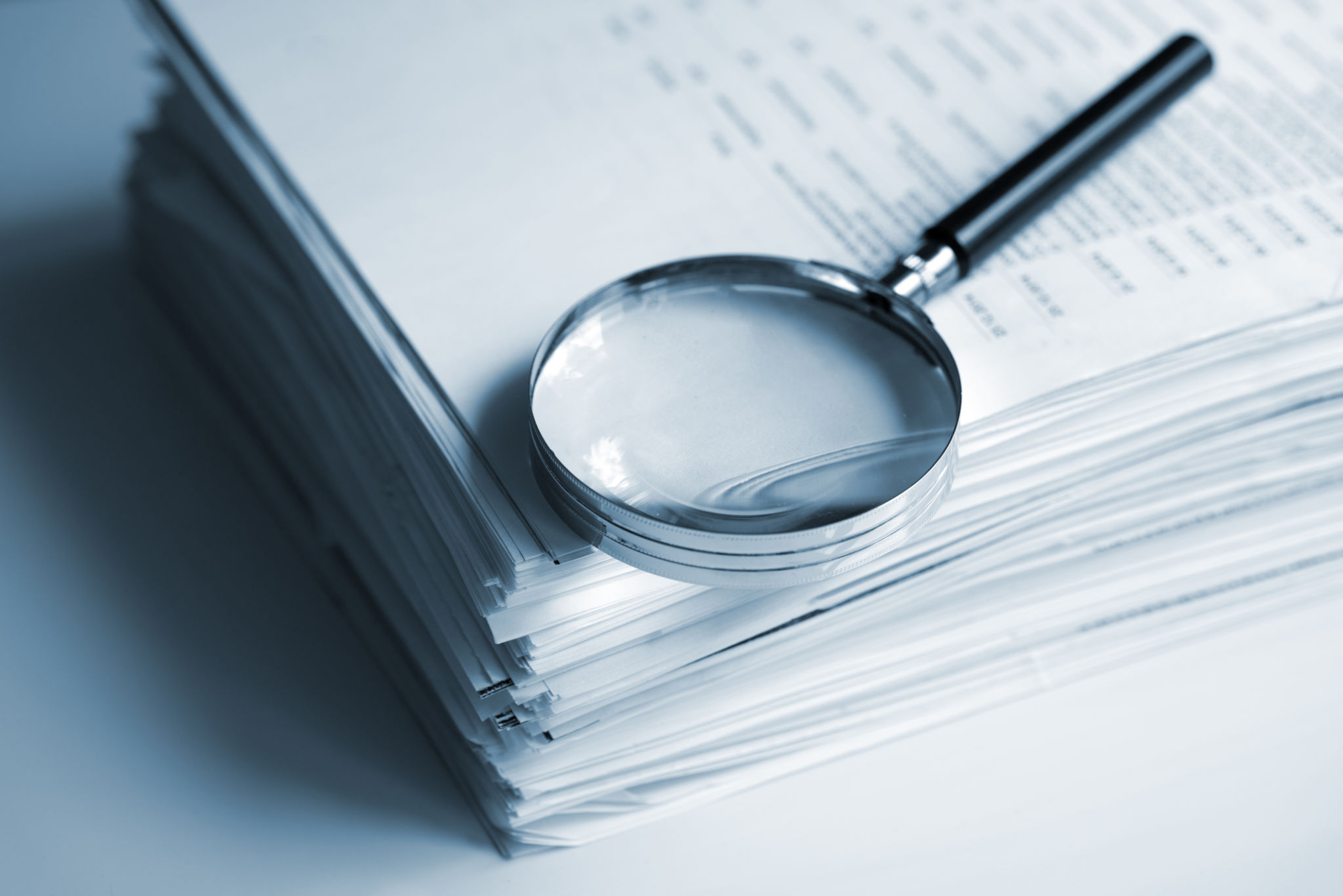Identifying Signs of Infidelity: A Guide for Peace of Mind
Understanding the Emotional Signs
One of the first indicators of infidelity often lies in the emotional changes your partner exhibits. You might notice that they become emotionally distant, showing less interest in spending time with you or discussing their day. This change can result from their emotional energy being redirected elsewhere.
Another emotional sign is increased irritability or defensiveness, especially when questioned about their whereabouts or activities. These emotional shifts can be subtle and gradual, so it's important to be observant and consider whether these changes are part of a broader pattern rather than isolated incidents.

Recognizing Behavioral Changes
Altered Routines
If your partner suddenly begins working late more frequently or takes unexpected business trips, it might be worth investigating further. While these changes can be innocent, they can also be a cover for spending time with someone else. Pay attention to inconsistencies in their stories or if they become vague when discussing their schedule.
Increased Secrecy
A partner who becomes more secretive about their phone or computer use may have something to hide. If they suddenly start using passwords, clear their browsing history, or take calls in private, these could be signs of infidelity. Trust your instincts if you feel they're acting unusually protective of their devices.

Physical and Intimacy Signs
Changes in physical intimacy can also serve as a red flag. If your partner appears less interested in being physically close to you, it might indicate that they are getting this need met elsewhere. Conversely, a sudden surge in affection could be a sign of guilt from being unfaithful.
Look for other physical signs, such as unexplained changes in appearance or grooming habits. If your partner starts paying more attention to their appearance without any apparent reason, they might be trying to impress someone new.

Monitoring Financial Clues
Financial behaviors can often reveal infidelity. Unexplained expenses or withdrawals from joint accounts can indicate money spent on someone else. Keep an eye out for receipts from unfamiliar places or unexplained purchases.
Moreover, if your partner becomes secretive about finances or defensive when asked about money matters, it can be a warning sign. Transparency in financial dealings is crucial for maintaining trust in a relationship.

Communicating Your Concerns
If you suspect infidelity, it’s important to address your concerns with your partner directly and calmly. Prepare yourself for the conversation by gathering any evidence you might have and approaching the topic from a place of concern rather than accusation.
Effective communication is key to resolving misunderstandings and rebuilding trust. Be open to hearing your partner’s side of the story and consider seeking professional help if needed to navigate the situation together.
Protecting Your Peace of Mind
Ultimately, protecting your peace of mind is paramount. Whether your suspicions are confirmed or not, it’s important to focus on your well-being. Surround yourself with supportive friends and family who can offer guidance and comfort during this challenging time.
Consider seeking therapy or counseling to process your emotions and make informed decisions about the future of your relationship. Prioritizing self-care will help you maintain your mental and emotional health, regardless of the outcome.